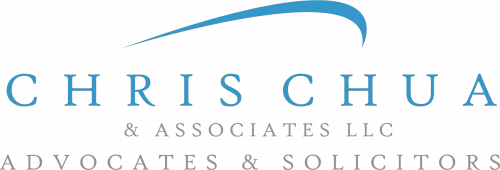FATCA & CRS Made Easy : Uncover the Answers You're Seeking
The Foreign Account Tax Compliance Act (FATCA) and the Common Reporting Standard (CRS) are initiatives designed to combat tax evasion and ensure proper tax payment.
You may be affected by one or both of these initiatives, depending on your country of residence and the country in which your financial accounts are held.
If you are unsure whether these initiatives apply to you, consult a professional.
What Is FATCA?
- In 2010, the U.S. Congress passed FATCA into law.
- It is intended to combat tax evasion by U.S. citizens and residents who maintain accounts abroad.
- FATCA requires foreign financial institutions (FFIs) to report information regarding accounts held by U.S. taxpayers to the Internal Revenue Service of the United States.
- FATCA targets only tax evasion committed by U.S. persons.
What Is CRS?
- In 2010, the U.S. Congress passed FATCA into law.
- Developed in response to a request from the G20 and endorsed by the OECD Council on 15 July 2014, the Common Reporting Standard (CRS) is a single global standard for the automatic exchange of financial account information.
- CRS requires financial institutions to report to the respective tax authorities information about accounts held by residents of participating countries.
- Over one hundred jurisdictions have committed to implementing CRS, with the first exchanges occurring in September 2017.
- CRS targets tax evasion committed offshore based on an account holder’s country (or countries) of tax residence.
How Do FATCA & CRS Affect Me?
- Both FATCA and CRS require financial institutions to collect information on their clients and report it to the relevant authorities.
- This includes the client’s name, address, date of birth, account balance, etc.
- FATCA compliance is required if you are a U.S. taxpayer who holds assets outside the country.
- CRS compliance if you are a resident of a country that has implemented the CRS.
- CRS became effective in Singapore on 1 January 2017.
- Since 2017, all Singaporean financial institutions would require you:
- to submit a self-certification form with a declaration of your tax residence upon account opening.
- provide a copy of an identification document to substantiate your self-declaration of tax residency.
3. How Do I Determine My Countries of Tax Residency
- As a general rule, you are a tax resident of the country where you live.
- However, the rules regarding tax residency vary from country to country.
- They may include other factors such as nationality, employment or place of abode.
- To better understand your tax residency, you should consult: – The OECD website, which lists the requirements for specific jurisdictions.
4. How Will My Information Be Reported?
- The details of your financial assets held at the financial institution and the information provided on your self-certification form will be reported to IRAS.
- IRAS will then exchange the information with the applicable tax authority in the jurisdiction where you are reportable.
- Your tax residency determines your reportable status and whether Singapore has signed an agreement to exchange financial account information with that jurisdiction.
5. What Happens if I Do Not Provide my Self-Certification Form?
- All financial institutions in Singapore are mandated by law to comply fully with FATCA and CRS.
- If you do not respond to their requests for self-certification, your records with the bank may be reported to IRAS.
- The bank may be unable to open new accounts or provide you with new products or services.




